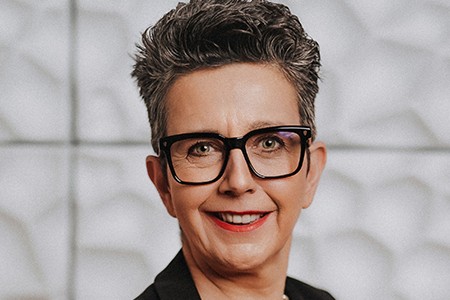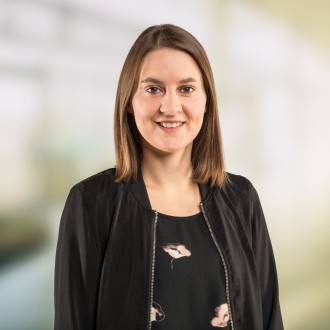Interview with Barbara Wanner
Barbara Wanner, Organize Communciations GmbH
What makes the subject of wine special for you? Where does your fascination for this subject come from?
The inscrutability and profundity of wine have fascinated me for many years. It is amazing how winegrowers all over the world work hand in hand with nature, give expression to an origin and bring forth wines in all possible facets and qualities – it’s a truly never-ending story.
What is your favourite European wine?
Picking out a favourite wine is somewhat contrary to my nature as a wine woman, especially because I am always happy to discover something new and unusual, preferably without borders and prejudices. This is also true for me when it comes to finishing: great classics make it into my glass just as often as natural and orange.
With so many European wine-growing regions - do you have a favourite?
The question is more about what a woman would never say no to. Champagne is very popular with me, but also Burgundy and mature Bordeaux, not to mention great Rieslings and Chenin Blancs. I wouldn’t want to commit myself to a specific wine-growing region, and not only to Europe.
Which wine-growing region in Europe is still an insider tip for you/is on the rise?
I still think there is a lot to discover in Portugal. I find Bairrada particularly exciting because the Baga grape variety provides a beguiling range - from sparkling wine to great red wine. But I always find it appealing to take a closer look at a classic wine-growing region from a new perspective. The most recent ones for me were Bordeaux and Piedmont. Another insider tip for me at the moment is certain sparkling wines from Germany and Trentino, as here there has been a lot of movement in the sparkling scene.
Which topics/trends do you think will occupy the wine industry most in the near future?
The answer to that is how best we can persuade consumers to dig a little deeper into their pockets for natural and artisanal wines. They have to understand that they are not a luxury. They must feel that by doing so, they are committing themselves to the preservation of a craft, small and medium-sized enterprises and the cultural landscape.
You are an advisor to EUROVINO, which will take place for the first time in 2024: Why is EUROVINO relevant as a new trade fair format?
As an entrepreneur from Karlsruhe, I believe that the location at the centre of several European wine-growing regions offers great advantages. The Palatinate, Baden, Württemberg, Alsace and many more are only an hour's drive away.
What are you particularly looking forward to with regard to EUROVINO 2024?
What I'm most looking forward to is the opportunity for the wine world to meet in Karlsruhe and that the trade fair will focus on wine. Like art.karlsruhe, EUROVINO can also become a model for success.



